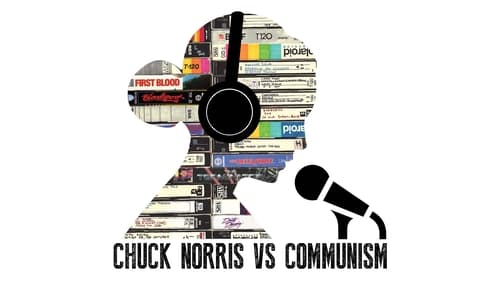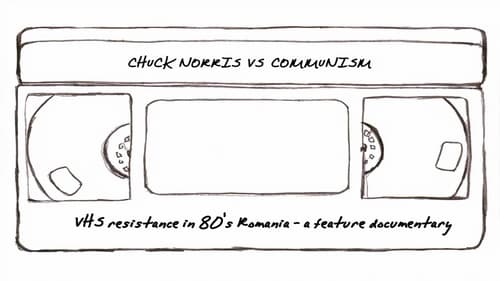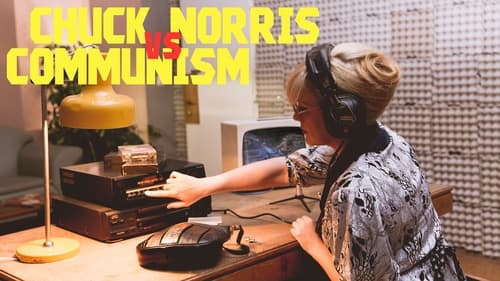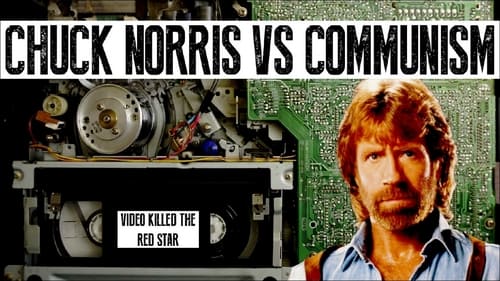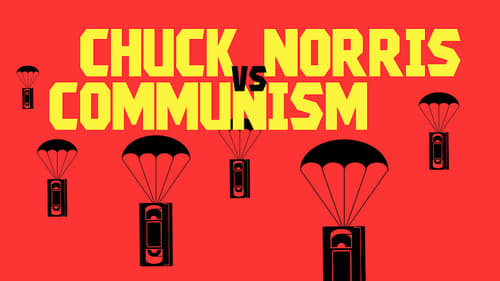HottWwjdIam
There is just so much movie here. For some it may be too much. But in the same secretly sarcastic way most telemarketers say the phrase, the title of this one is particularly apt.
SeeQuant
Blending excellent reporting and strong storytelling, this is a disturbing film truly stranger than fiction
Bergorks
If you like to be scared, if you like to laugh, and if you like to learn a thing or two at the movies, this absolutely cannot be missed.
Janae Milner
Easily the biggest piece of Right wing non sense propaganda I ever saw.
Joseph Waters
So, I guess the West DID try to undermine the communist governments and dumb their citizens down with Hollywood garbage. They can't have it both ways. Did communism fail because it was inherently flawed? But why, if that's the case, did the CIA spend billions throughout the Cold War on propaganda, psychological warfare, economic and technology boycotts, sabotage through destroying infrastructure and encouraging the black market, infiltration and manipulation of the police and the party, and even funding terrorists and Islamic fundamentalists in Afghanistan?
RareshDiMofte
Extremely bad because of the mixture between the real nostalgia and exaggerated details. If Nistor worked for the National TV (the communist propaganda apparatus), how in the hell she dubbed the Western movies with her voice and nobody from Securitate recognized her? She would have been locked immediately. Now, this "documentary" was made to praise the last breath of the American influence in Eastern Europe.That is all. It would have been great if we would have seen only the stories of the real people, how much fun they had and what the real impact was. I know, I was one of them.
MartinHafer
I read a review here on IMDb by a Romanian and am am sure this person would be a much better judge of the central theme of this documentary. They felt that "Chuck Norris Vs. Communism" overstated its position that the illegal import of American 1980s videotapes into Romania served to introduce Western ideas into this communist dictatorship and this led to the fall of the government in 1989. While I agree this reviewer that this was overstated a bit, it surely had some impact on changing attitudes. However, the context of the time also must have had a lot to do with it as well...something never even mentioned in the film. In other words, communist bloc nations were throwing out their governments by refusing to work or do anything until their leaders resigned...and Romania was just part of that wave. So, I agree with tributarystu...but it's still well worth seeing.The film uses interviews and recreations to explain how Romanians smuggled in American films. Additionally, mostly one interpreter dubbed the movies (doing ALL the voices) and there was a cottage industry that was illegal but overlooked by various government officials. After all, they liked watching the films and there was some sort of payoff going on as well. It's all interesting and worth seeing...if a tad overstated.
tributarystu
In spite of being born towards the end of the 80s, I recall several "Margareta Nistor movies", her trademark dubbing scarring my youth alongside the zombies of Return of the Living Dead. It's funny, particularly because her often inflection-less voice made the humor of the movie much harder to understand at the time. Then again, maybe that had more to do with me being less than a decade old myself and thinking I might be immune to the undead.At its heart, CNvsC is a film about the passion of movies. During communist Romania, in the especially dire last ten years of Ceausescu's reign, an illicit business venture involving the dubbing, copying and distributing of Western cinema spawned and spread like wildfire in what became a cultural landmark of the times. Rocky, Missing in Action, Once Upon a Time in America, Bloodsport, Dirty Dancing are just some of the many movies featured. Using current day interviews with both the protagonists of the movement (foremost Mrs. Nistor as the "localization" specialist, Mr. Zamfir as the ambivalent VHS peddler) and Romanian personalities, as well as laborious reenactments of key events, director Calugareanu portrays the dichotomous fear/love relationship of treading the anti-establishment line. At its best, the film is humorous and playful, insightful with a dark edge in exploring the oppressive machinations behind the scenes. While hyperbolizing, it sets itself up as a thoroughly enjoyable ode to a movement that played a part in empowering the Romanian people. But the causation is forced and based on weak evidence. The urge to make such a powerful claim and even the attempts of dramatizing certain events play against what CNvsC is really strong at: highlighting the cultural impact and the adventurous affairs surrounding a seemingly banal act of translation. What it fails to do is look beyond the immediate effects of the whole process and the romance of movies as an escape from the everyday. Questions like how the exposure to a fairly homogeneous body of films affected Romanians' world-view, especially given that most of the films were not quite paragons of Western film-making, is not tackled. Nor is the matter of how the practice of what essentially is piracy contributed to a certain cultural acceptance of digital duplication in decades to come, as seen across the Eastern block. At the screening, Nistor mentioned that she had met her counter-parts from Estonia or Russia, who were different to her only in that they were all men. So, while on the one hand the documentary works as a look into a pretty special phenomenon, it is frustrating that it avoids going deeper into either the social ramifications, or further exploring the more personal experiences of the likes of Mrs. Nistor to let the local interpretations take hold of an otherwise too descriptive approach - aimed to a more universal audience, with little knowledge of Romanian oddities.






